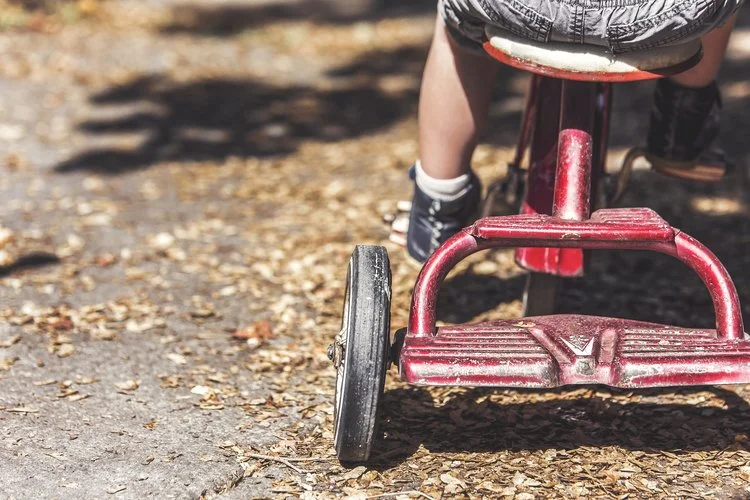I’ve been married for 15 years, but I’ve spent many of those alone. My husband, Dustin, is in the military, which means he’s committed to me and Uncle Sam (though not necessarily in that order).
I had mostly grown used to Dustin’s here-this-week/deployed-the-next routine, but in 2011, he left for his longest deployment yet: 13 months. Our boys were 4, 9 and 11 years old, and by the time Dustin came back, he had missed seven family birthdays, two Thanksgivings, one Christmas, our anniversary, countless Little League games and our youngest son’s first day of kindergarten.
On paper, I had a partner in parenting. In practice, however, I was parenting alone, and it wasn’t easy. Indeed, that year gave me greater appreciation for what real single parents must go through every day.
1. Single mothers can’t be in two places at once.
Seems obvious, right? Not to a 4-year-old.
Even when I tried to split my time between ball games, I always missed someone’s great hit or catch. Plus, after years of telling my kids not to get in the car with strangers (“not even parents of friends who seem familiar but are basically strangers”), I was suddenly coordinating rides home for my boys with people I barely knew. Out of desperation, I had to weigh the options: leave my son sitting in an empty parking lot for 20 minutes while I crossed town again after getting his brother? Or let him ride home with a teammate’s parent I didn’t really know that well?
Eventually, I took the whole “it takes a village” concept quite literally (see #5).
2. Single mothers have no relief pitcher.
At 5:00 — the well-known “witching hour” for young children — when I was tired from work and the pantry was bare, there was no one to help me divide and conquer. Even when I had a fever or a migraine, I was the only one responsible for keeping three children alive (easy) and well-adjusted (difficult).
I wanted a relief pitcher who didn’t cost $10 per hour. I wanted to not carry 100 percent of the load 100 percent of the time. I wanted someone to say, “I’ve got this; you can take the bench for a while.”
3. Single mothers can’t be “good cop” and “bad cop” at the same time.
My breaking point came during a baseball game. Owen, 10, was sulking on the field, and teammates had yelled at him. My instinct was to run out to right field and hug him, to tell him he’s #1 in my book.
Then I thought about my husband.
“Get your head in the game,” he would have shouted from the bleachers. Or, “There’s no sulking in baseball!”
Later, I felt like I had two heads as I tried to play both roles for Owen: “You’re the best, honey... when you’re not whining on the baseball field.”
4. Single mothers eat alone sometimes.
There are many lonely people at dinnertime. Some of those lonely people are single parents.
Think about it: when the kids are at camp or sleeping at a friend’s house, we married people delight in a kid-free night with our spouse. But when my husband was gone and the kids were away, too, the house was uncomfortably quiet as I ate my dinner alone.
The kids, I realized, were my comfort and company, and that brought its own set of problems: should the kids be my comfort and company?
I decided the answer was no, and I learned to be by myself — much more difficult than it seems after 15 years of being someone’s wife or mom 24/7. Single parents must have an excellent sense of self!
(You can read about more ways we filled the empty place at the dinner table here.)
5. Single mothers might want your help.
It’s hard to ask for help. Everyone has challenges, and everyone feels tired and stressed. So I often wondered, “Why should anyone help me?” It seemed silly and insignificant to ask for help getting one boy to practice or another to a game. I mean, other people have real problems, right? (And maybe, from other people’s perspectives, it seemed silly and insignificant to offer help with these things.)
But when anyone did ask, “Can I help you with _____?” and I accepted, it felt like a gift for both of us, but mostly for the children, because our community had just gotten bigger.




